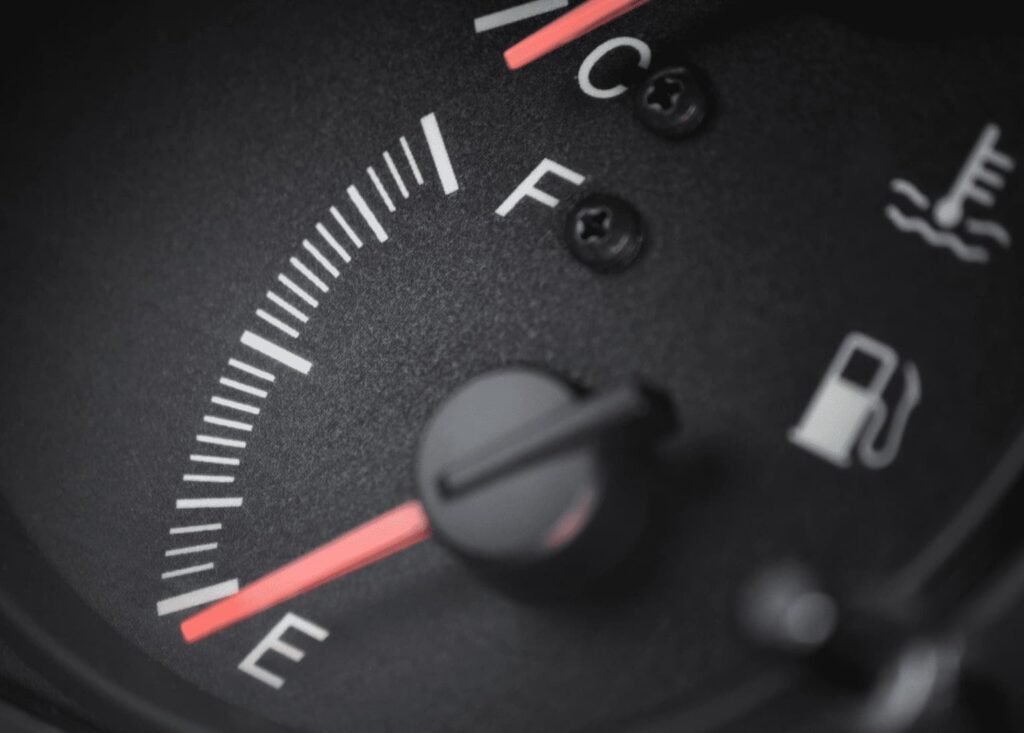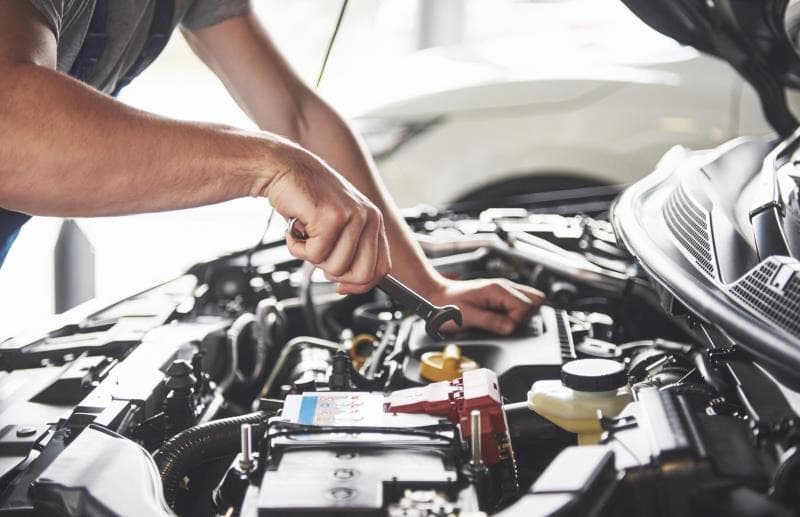If you want your car to last a long time and run properly, you need to take care of it. This means regularly servicing your car, keeping it clean, and troubleshooting any problems that arise. With proper care, your car will serve you well for many years to come. Read on to learn more about how to take care of your car.
- Get your car regularly serviced and check the oil levels frequently
- Keep the interior and exterior clean – wash it regularly and vacuum it out
- Don’t let your gas tank run too low – this can damage the engine
- Be careful of potholes, speed bumps, and other obstacles that can cause damage
- Park in a garage or covered area to protect your car from the elements
- Check your tire pressure often and inflate them as needed
- Conclusion
- Frequently Asked Questions
Get your car regularly serviced and check the oil levels frequently
No matter how well you take care of your car, it won’t last forever. However, you can maximize its lifetime by ensuring that you get regular oil changes and tune-ups according to the specific needs of your vehicle. It’s important to remember that no two models of cars are alike and therefore require different maintenance.
Having regular oil changes and tune-ups allows the car to perform at its peak efficiency, which can provide a number of benefits in terms of reliability, performance, and fuel economy. Consequently, taking this proactive approach to car maintenance is sure to save you time and money in the long run.
Keep the interior and exterior clean – wash it regularly and vacuum it out
Cleanliness, both inside and out of the car, is essential for it to be in proper working order. Regular washing will maintain its paint and shine, while vacuuming will help preserve its interior.
This means that the car should be washed at least twice a month and vacuumed on a regular basis for proper maintenance. Not only does this keep your car looking great, it also ensures that its mechanical comparments are free from dirt and dust buildup. Keeping the interior and exterior clean not only improves its value, but also keeps your ride running efficiently – something everyone appreciates!
Don’t let your gas tank run too low – this can damage the engine

When it comes to caring for your car, one of the most important rules to follow is to never let the fuel tank run too low. Operating a vehicle with an empty or near-empty tank can lead to all sorts of problems, including engine deterioration and pump failure.
The fuel filter’s job is to keep contaminants like dirt and rust out of the engine, but when left unchecked for long enough, these particles are not always able to be regulated. Consequently, allowing your gas tanks to get too low exposes your engine to buildups and runs the risk of severe damage—which could end up costing more money in repairs than simply filling up your tank in time would. Save yourself the time, money, and stress by staying on top of monitoring your fuel levels.
Be careful of potholes, speed bumps, and other obstacles that can cause damage
It is important to be mindful when driving as one can encounter potholes, speed bumps, and other obstacles that may lead to vehicle damage or an accident. To avoid such scenarios, slow down when approaching these formations and maintain a safe driving speed on roads known to have these features.
Furthermore, it is prudent to check the weather in order to make necessary adjustments; during rain or icy conditions, one should not only reduce the speed but also increase the distance between themselves and other motorists. Safe drivers are aware of potential risks presented by potholes, speed bumps, and other similar street formations.
Park in a garage or covered area to protect your car from the elements
When the weather is too hot, cold, wet, or windy outside, parking your car in a garage or covered area is strongly recommended. This protective measure will help prevent your car from sustaining damage due to intense sunlight causing paint fading or cracking, rain causing rusting and corrosion, extreme cold causing battery failure and cracking to key engine parts, strong winds creating scratches and dings.
In addition to preventing exterior damage, protection from the elements also decreases debris buildup around vents that impact the interior of the vehicle. Safely covering your vehicle saves you more than just money in repairs; it helps you maintain peace of mind when it comes to knowing that your car will keep running smoothly.
Check your tire pressure often and inflate them as needed

It is important to regularly check your tire pressure as it can make a world of difference. Not only will having the correct tire pressure help you with fuel efficiency, but it will also allow for better safety and control on the road. Inflating tires correctly is simple and quite easy, especially when compared to other regular maintenance tasks. Therefore, all drivers should make it a priority to check their tire pressure frequently and inflate them as needed, potentially saving time and money in the future.
Conclusion
By following these simple tips, you can prolong the life of your car and avoid costly repairs. Taking good care of your car doesn’t have to be time-consuming or difficult – a little bit of effort goes a long way. Do you have any other tips for keeping a car in good condition? Share them with us in the comments below!
FAQs about extending the car’s lifespan
How often should I change my car’s oil?
There is no one definitive answer to this question as it can depend on a variety of factors, including the make and model of your car, how often you drive, and what type of oil you use. However, most mechanics generally suggest changing your car’s oil every 3,000 miles or every 3 months, whichever comes first. By following this guideline, you can help ensure that your engine runs smoothly and efficiently.
How often should I have my car’s tires rotated?
Tire rotation is important because it helps tires wear evenly, preventing them from developing flat spots. Most mechanics suggest rotating tires every 6, miles or every 6 months, whichever comes first. Tire rotation is a quick and easy way to keep your tires in good condition, so it’s a good idea to make it a regular part of your car maintenance routine.
How often should I have my car’s brakes checked?
It is important to have your car’s brakes checked regularly to ensure they are functioning properly. Brakes are an essential component of a vehicle and should be taken seriously. Generally speaking, it is recommended to have your brakes inspected at least once a year, or every 12,000 miles (19,312 km).
What are the tips to wash my car?
There are a few key things to remember when washing your car: always use a gentle car wash soap and a soft cloth, never use harsh chemicals or scrub the paint surface, and be sure to rinse the car thoroughly afterwards. In addition, it’s a good idea to wax your car every few months to protect the paint from weathering and fading. following these tips will help keep your car looking its best.
What are some things I can do to extend my car’s lifespan?
There are a few key things you can do to help extend the life of your car: regularly check the tire pressure and inflate as needed, check the brakes and replace as necessary, change the oil every 3,000 miles or every 3 months (whichever comes first), and rotate tires every 6,000 miles or 6 months. In addition, it’s a good idea to wax your car every few months to protect the paint from weathering and fading. By following these simple tips, you can prolong the life of your car and avoid costly repairs.

